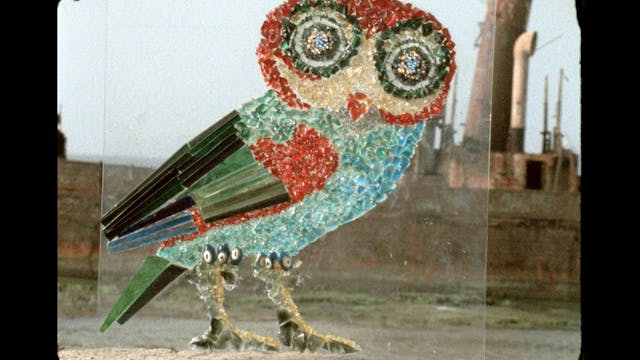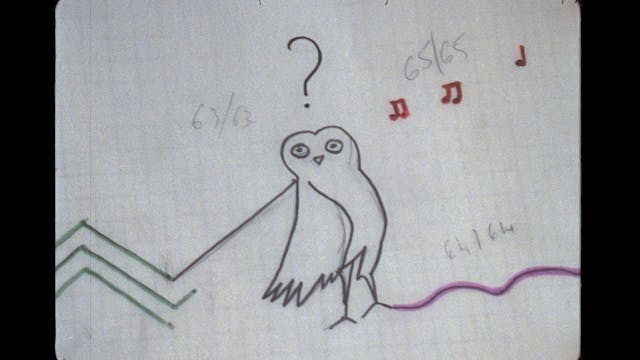Episode 5. Amnesia—or History on the March
The Owl's Legacy (complete series)
•
26m
Western history is said to begin with the Greeks—more specifically, with Herodotus, credited as the first historian. But the ancient Greek conception of history, based on the idea of self-examination, is very different from current conceptions. History in some ways is the interplay between remembering and forgetting—and it always being reconsidered and reimagined.
Located at the intersection of Asia, Europe, and Africa, Greece has long been a pawn in the games played by the great powers of the day, be they French, Russian, British, German, or American.
This episode, primarily featuring director Elia Kazan (with clips from his film America, America) and writer Vassilis Vassilikos, covers the “period of amnesia” in Greek history from the war of independence against the Ottomans to the overthrow of the junta and permanent exile of the king in the 1970s. It is a period filled with absurdities like a Bavarian child-king who spoke no Greek, alongside tragedies, including the Greek Civil War of 1947-1949, the massacre of the Greeks of Asia Minor, and the military coup of the Colonels.
Up Next in The Owl's Legacy (complete series)
-
Episode 6. Mathematics—or The Empire ...
There is a narrative about ancient Greece and math: That the Greeks invented mathematics as we know it, that men such as Pythagoras and Thales were its fathers, and that concepts including parallel lines and geometric shapes are universal and ahistorical.
After introducing us to this view, Mar...
-
Episode 7. Logomachy—or the Dialect o...
The word “logos” stands at the start of Greek philosophy. A word that defies simple translation, it lies at the root of terms including logic, dialogue, and dialectic. The Greek word for literature is “logotechnia” -- the technique of logos.
LOGOMACHY explores logos in its many forms, from So...
-
Episode 8. Music—or Inner Space
What defines music? Soldiers marching in tandem create rhythms; Orthodox priests don’t simply speak when performing the liturgy, they chant and sometimes sing; the hammer banging on a board is not that different from the tug of a rope ringing a church bell.
In Greek mythology, Athena (whose sy...


